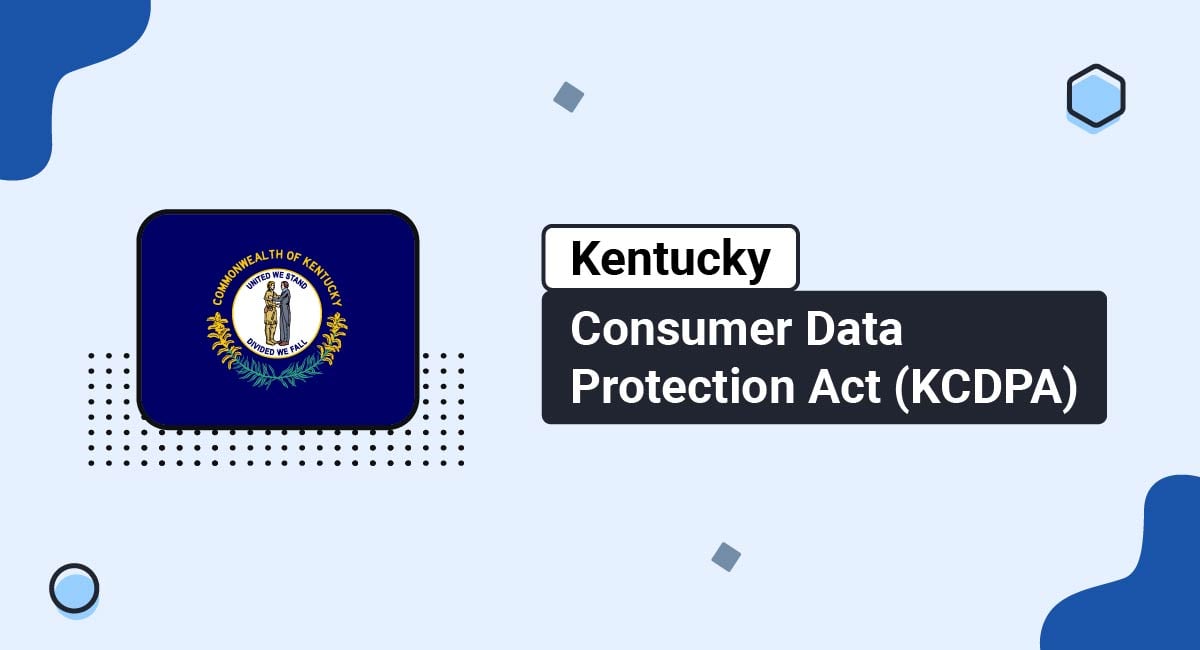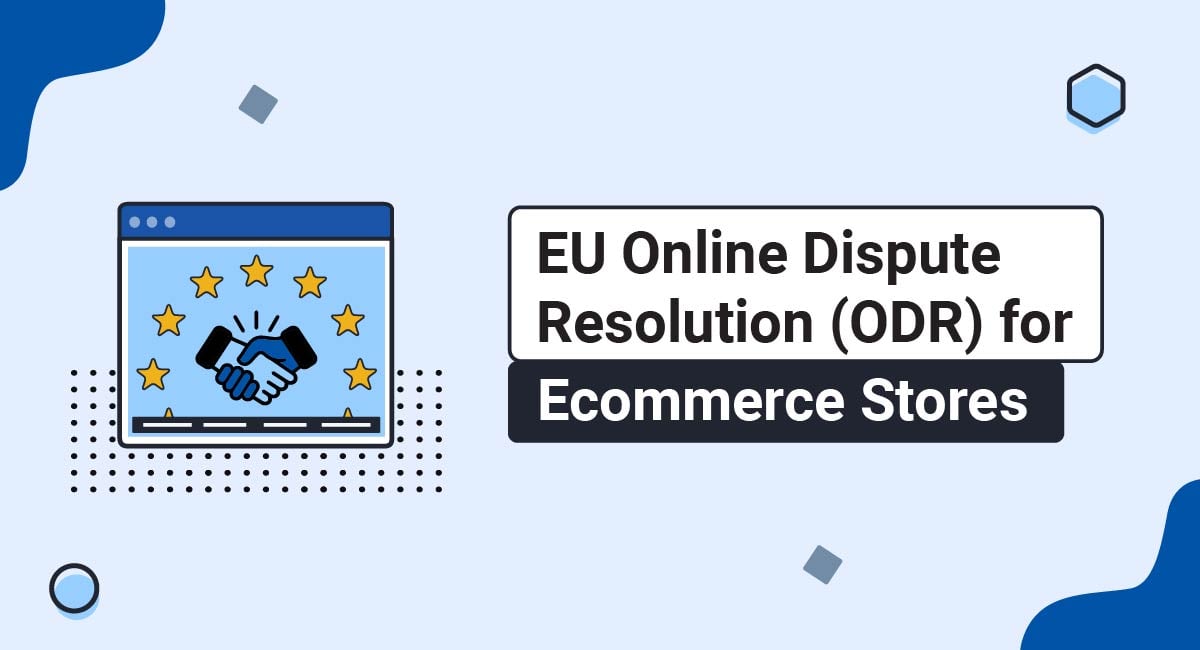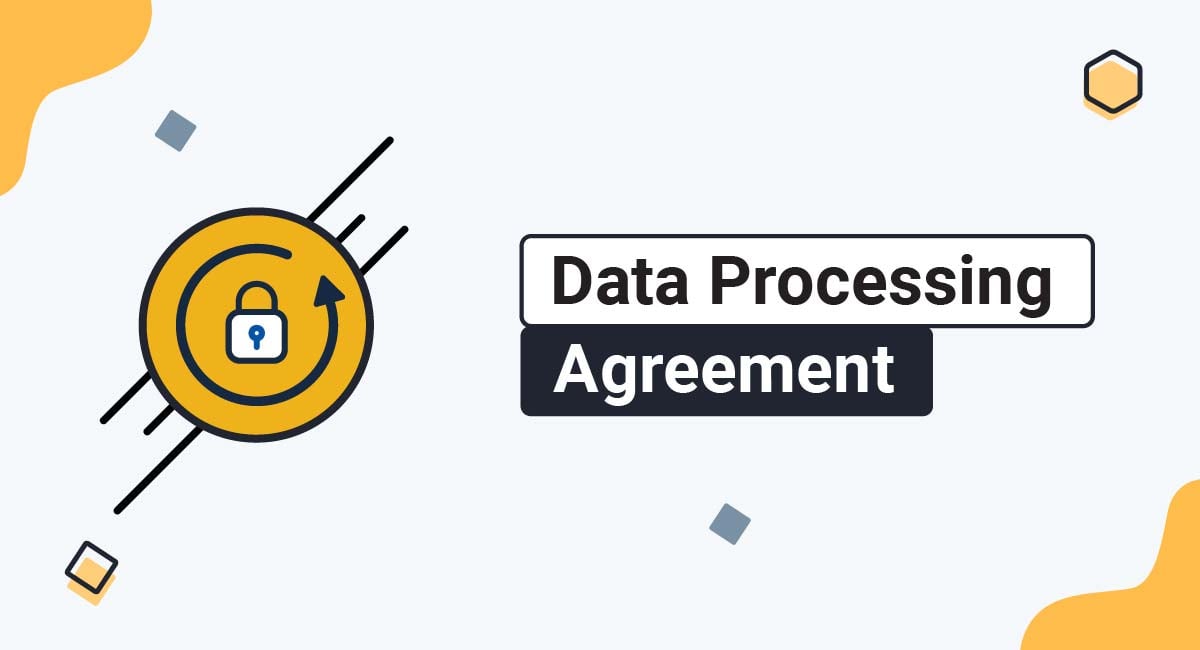Blog - Page 2
Legal articles in easy to understand language.
Kentucky Consumer Data Protection Act (KCDPA)
The Kentucky Consumer Data Protection Act (KCDPA) was adopted on April 4, 2024 and is set to become law on January 1, 2026. This law has far-reaching implications for any business with Kentucky-based customers. It impacts what type of personal data you can process without consent, and it has a...
Targeting and Advertising Cookies
Cookies are often required for a website to load and work as intended. That's why, if you have a website, you are most likely using at least certain types of cookies to process data. But while certain cookies are essential, others, such as advertising cookies, are not. If you use non-essential...
IAB Global Privacy Platform
The Interactive Advertising Bureau (IAB) is a trade group that focuses on research and education about the importance of digital marketing. The IAB Technical Laboratory (IAB Tech Lab) is an arm of the IAB that develops technical solutions such as the IAB's Global Privacy Platform (GPP) to help businesses comply...
Tracking and Analytics Cookies
Even if you're not aware of it, if you have a website, chances are you're using cookies. This is because, in most cases, websites must use at least certain types of cookies to function properly and deliver the user experience that customers expect. The types of cookies your website might use...
EU Online Dispute Resolution (ODR) for Ecommerce Stores
If you trade within the European Union (EU), then you must inform customers that they can submit any contractual disputes relating to your goods or services to the EU's Online Dispute Resolution (ODR) platform. The platform, which has been in force since February 15, 2016, is designed to protect consumer rights...
Data Processing Agreement
In today's world, where data increasingly resembles currency, it's essential for businesses that collect or process consumers' personal data to maintain a Data Processing Agreement to comply with applicable privacy and data protection laws. This article explains what a Data Processing Agreement is, what laws require you to have one, how...




